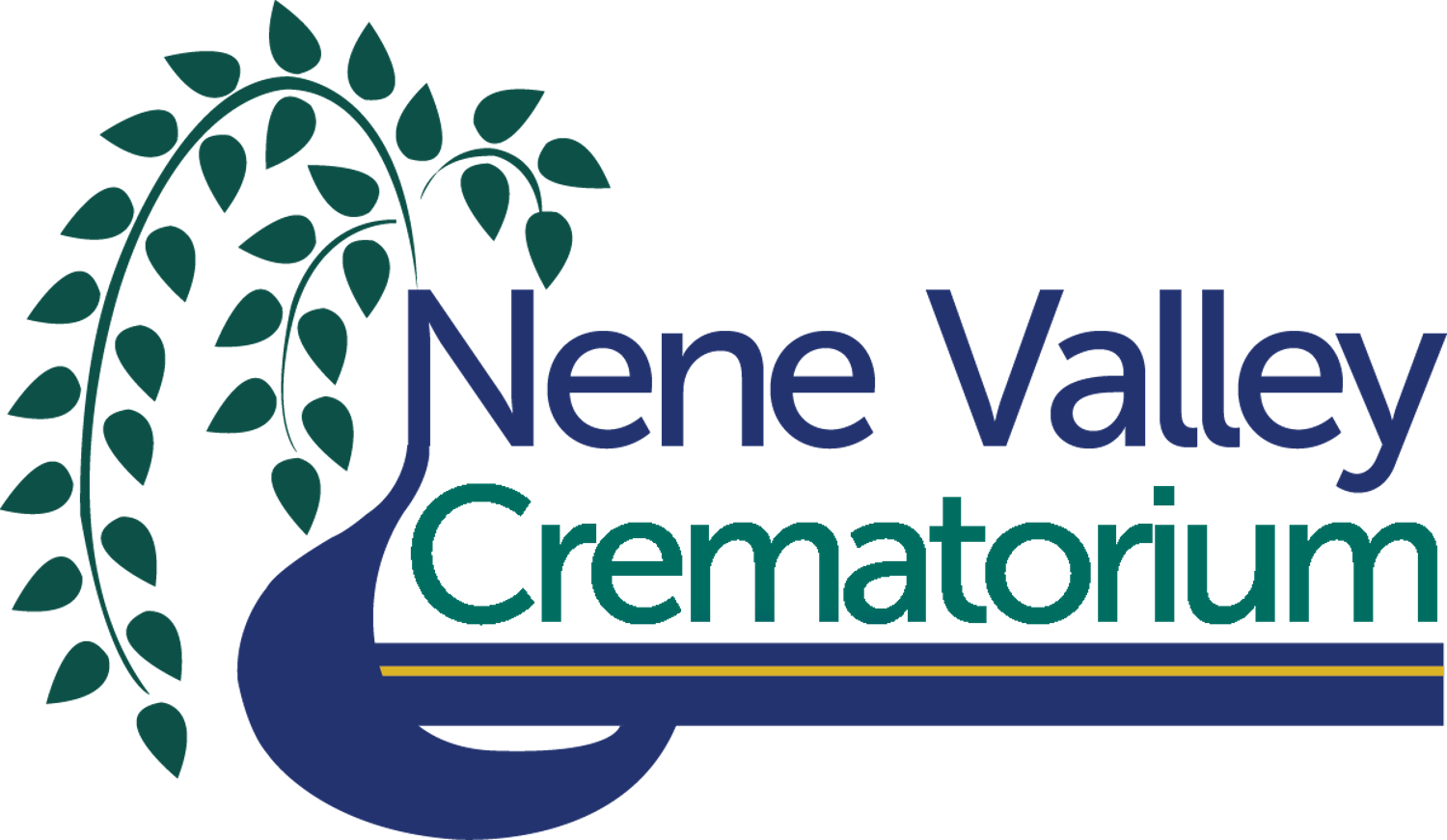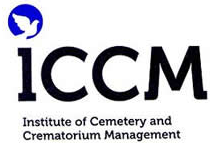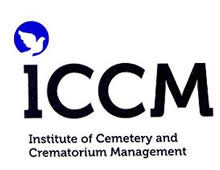Cowslips
Northamptonshire’s county flower, symbolising “Gates of Heaven”
Frequently Asked Questions
✧
Questions People Ask About Cremation
The following are the main questions people ask about our services and cremation in general.
If you have any further questions, please contact us.
Q. Is cremation of a body governed by a code of ethics and working practices?
A: Members of the Institute of Cemetery and Crematorium Management (ICCM) must operate strictly in accordance with the Institute’s Guiding Principles. These principles are displayed at the Nene Valley Crematorium.
Q. How many people use cremation today in Great Britain?
A. These days, more and more people are choosing cremations over burials. In fact, current estimates suggest more than 70% of all funerals are cremations.
Q. Do any religious groups forbid cremation?
A. Yes, cremation is forbidden by Orthodox Jews and Muslims.
Q. Is cremation more expensive than burial?
A. No, actually the cost for a grave is typically higher than the fee for a cremation. However, there may be additional charges for a cremation in instances where the death has not been referred to a coroner and two doctors need to be paid for the cremation and death certificates.
Q. How is a cremation arranged?
A. The easiest way to arrange a funeral is to contact a funeral director directly in the aftermath of a death. If you let the funeral director know you want a cremation, he or she will then make all the necessary arrangements for a cremation, including the securing of statutory forms that will be presented to the Crematorium.
Q. Can a cremation be arranged without the services of a funeral director?
A. Yes. A cremation can be arranged by the executor of the deceased’s will or a surviving relative. At Nene Valley Crematorium, we are members of the ICCM Charter for the Bereaved and will provide advice to persons arranging a cremation without the use of a funeral director.
Q. What religious ceremony can I have with cremation?
A. The service may take place at a place of worship of your own choosing. You can also choose to have a civil ceremony or no service at all.
The deceased’s family can make any service arrangements that they consider appropriate, such as a memorial service, which can be held separately from the funeral at the crematorium or another place of their choosing.
Q. How soon after the service will the cremation take place?
A. The Guiding Principles state that the cremation should take place within 72 hours after the service of committal. In instances where cremation may not be carried out on the same day, the ‘Applicant for Cremation’ shall be notified. In most cases, the cremation is carried out shortly after the service on the same day. If the service takes place late in the day or there’s a limited number of services booked, the cremation may take place within the 72-hour period. Retention of coffins should only be carried out where a secure and hygienic storage facility is available, which is available at Nene Valley Crematorium. The benefits to the community from this include a reduced impact on the environment as less fossil fuel will be consumed and the efficient use of machinery and equipment will be achieved.
Q. What happens to the coffin after the committal?
A. After the coffin is taken to the committal room, the nameplate is carefully checked. An identity card accompanies the coffin and the cremated remains (ashes) from then on until their final disposal. The coffin as received at the crematorium is cremated and staff are not allowed to interfere with the coffin.
The coffin is then taken from the committal room to the crematory for placing into the cremator, after the nameplate is cross referenced against the identity card.
Q. Can relatives witness the placing (charging) of the coffin into the cremator?
A. Yes. Viewing can be done in an area overlooking the crematory, or in a room equipped with a CCTV camera. At Nene Valley, there is a viewing room for small groups to witness. For a larger congregation, there is a facility via a camera to witness from the ceremony hall/chapel at the end of the service. The crematorium manager must be informed that you wish to witness when the cremation is booked, so that staff can be informed who will then make the necessary preparations on the day.
Q. Should precious metals like jewellery be left on the body for cremation?
A. Usually, all items of jewellery are removed before the coffin is taken to the crematorium. Let the funeral director know your wishes in this respect when the funeral arrangements are being discussed. The crematorium does not open the coffin, nor remove any jewellery before cremation. Once in the cremator, these items cannot be retrieved.
Q. Is the coffin cremated with the body?
A. Yes. According to The ICCM Guiding Principles, the body will be in a coffin or container when it is placed in a cremator. Once inside, the coffin or container cannot be opened or disturbed in any way, except for extreme circumstances. For this to happen, permission is needed from ‘The Applicant for Cremation’ or requested by authorities.
When first arriving at the crematorium, the coffin will be placed right away in the cremator. Regulations need to be followed to ensure that everything in the coffin is suitable for cremation. The funeral director will remove items from the coffin that were put in there for viewing as part of the funeral service. The cremation itself will be carried out under controlled conditions as per the Environmental Protection Act, so the impact on the environment is minimal.
Flowers can be kept in the coffin for cremation; however other items such as plastics will be removed prior to the coffin being placed in the cremator.
Q. Can more than one body be cremated at a time?
A. No. Since the cremator and cremation chamber can only safely accept one coffin at a time, each body must be cremated separately. However, the ‘Applicant for Cremation’ can make a special request for instances involving a mother and baby or multiple small infants. This is not something that the crematorium would consider without written permission.
Q. Can I visit a crematorium and see what happens behind the scenes?
A. Yes. Nene Valley Crematorium has an open-door policy that allows clients to arrange for a visit to see how we conduct our services. These visits need to be requested and planned ahead of time. You can choose to visit whilst cremations are taking place or during a different time. These visits can help people have a better understanding about the cremation process and give them peace of mind about how their loved one’s cremation will be handled.
Q. Are coffins sold back to funeral directors for reuse?
A. No. The coffin cannot be reused once it has been cremated. There are instances where the family of the deceased will request their loved one to be cremated in a cardboard coffin so that a more aesthetically pleasing coffin or container can be displayed during the service. In these cases, the families can choose to have either a pall coffin (a cloth covering the cardboard coffin) or a cocoon coffin (a shell that covers the cardboard coffin). Neither the pall nor cocoon will actually be cremated, and they will not contain the body of the deceased either; they are simply used as coverings for a cardboard coffin.
Q. How are cremated remains (ashes) treated at the crematorium?
A. The ashes are taken from the cremator, cooled and put into a purpose-made unit after any ferrous metals are removed, which reduces the residue to a fine consistency suitable for disposal, known as ashes. Finally, the ashes are put into a carefully identified receptacle for collection. Metals following cremation are currently recycled and disposed of, for which permission of ‘The Applicant for Cremation’ has been obtained – due to the heat temperature precious metals (like jewellery) are not recovered.
In accordance with the ICCM Principles: ‘There will be no commercial gain for participating crematoria with the primary advantages relating to the environment and the saving of space’. The products or residues of a cremation shall not be used for any commercial purpose.
Q. How are ashes kept separate?
A. Once a cremation has been completed, the ashes are removed from the cremator and paired with an identity card to keep track of the proper identification. The card will stay with the ashes until they are placed into the correct receptacle at the end.
Q. What happens to the ashes after cremation?
A. The law relating to cremation requires that cremated remains are disposed of in accordance with the written instructions of the applicant. Most crematoria have a range of options which might include scattering or burying in the garden of remembrance, placing in a columbarium, interring in a small family vault or niche. To commemorate loved ones, memorial options may be available for lease, which may include name plates beneath rose bushes, trees or shrubs, and memorial benches/seats with plaques. The simplest form and permanent memorial is an entry inscribed in a Book of Remembrance. Staff at Nene Valley Crematorium will provide details of their facilities and guide you through available options.
Ashes may also be buried in family graves that are full for coffined body burials, but there will be no burial ground at Nene Valley Crematorium. Alternatively, you may be able to lease a family/friend’s plot dedicated to the interring of ashes.
Q. What are the usual options for the disposal of ashes?
A. The ashes may be scattered at the crematorium by staff or collected for scattering or safekeeping somewhere else. If the ashes are to be buried, scattered at another crematorium or laid to rest privately, permission from us should be obtained first.
Unless instructed otherwise, we will scatter ashes in the grounds fourteen days after the cremation. Ashes are scattered in the woodland, around named/numbered trees or interred into family and friends’ individual gardens. The ashes are normally distributed over a wide area of ground or around a specific named/numbered tree where they quickly break down so that within a few days little trace of them can be seen.
Families and/or friends may wish to be present to witness the scattering and may also like to hold a small ceremony. There is a small charge for this service. Payment can be made to the funeral director, who will pass the money onto us, or payment can be made to Nene Valley Crematorium on the day of the scattering. Please request to arrange a mutually convenient date and time if you wish for this to occur.
Q. When do I need to reach a decision about what to do with the ashes?
A. We will not urge you to make a hurried decision about the final resting place of the ashes. In fact, we have a facility to hold the ashes until a decision is made. We will give you one month, then reach out with a letter asking you if you’ve made a decision about what to do with the ashes. You’re more than welcome to tell us that you need more time. We will follow up with a reply a month later. If we receive no reply to the second letter, we will send out two weeks' written notice informing you that we plan to legally scatter or bury the ashes within our Garden of Remembrance.
Q. What should you do if you want to choose to be cremated?
A. Leave clear instructions in writing for the person who will be responsible for arranging your funeral. Because instructions are not binding in law, make sure that he or she is likely to carry out your wishes. The final decision will rest with the ‘Applicant for Cremation’. You can discuss any of the above with staff at the crematorium who will be pleased to arrange for you to visit the crematorium.
Q. Where can I find out more information about cremation?
A. You can view the ICCM Charter for the Bereaved, which provides information about all aspects of the cremation process. You can use this information as a guide for having a loved one cremated. A full copy of the Charter document is available at www.iccm-uk.com.






